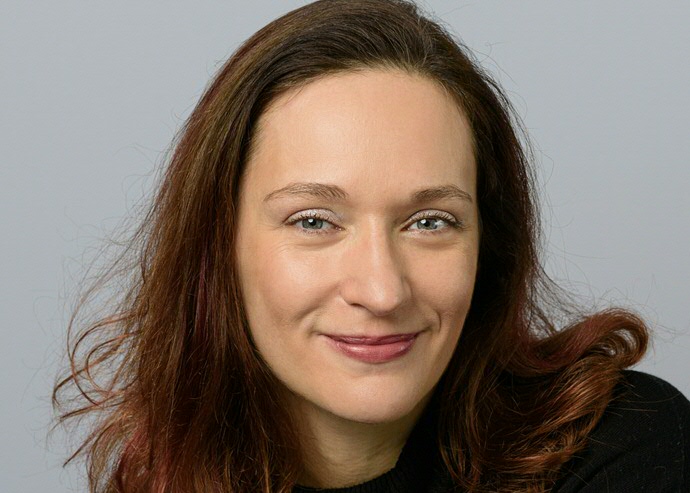ERC grant for Catarina Dutilh Novaes

The European Research Council (ERC) has awarded a Consolidator Grant to Catarina Dutilh Novaes
The ERC awards these €2 million research grants to excellent scientists to encourage the highest quality research in Europe.
Catarina Dutilh Novaes came to the Faculty of Philosophy in Groningen as a Rosalind Franklin Fellow in 2011. She is an Associate Professor and an external member of the Munich Center for Mathematical Philosophy (LMU). Dutilh Novaes teaches a broad range of courses at the faculty. Her main fields of research are history and philosophy of logic and mathematics. From 2011 to 2016 she led the NWO-VIDI research project 'The Roots of Deduction', investigating the origins and practice of deductive reasoning, particularly in mathematics. She also has a general interest in issues pertaining to gender and race. Her research is characterised by collaboration with cognitive scientists and psychologists, and this is what she will do in her ERC project 'The Social Epistemology of Argumentation'.
Project description The Social Epistemology of Argumentation'
Argumentation - the practice of giving and asking for reasons to support claims - is a key component of scientific inquiry, legal procedures, and political life. But in many instances, argumentation does not achieve its presumed goal of fostering consensus and circulation of reliable information. Recent events in world politics - Brexit, US elections, refugee crisis - demonstrate that a better grasp of what argumentation can and cannot do for us is urgently needed.
Our innovative hypothesis is that argumentation is a form of social exchange that can be successful to various degrees. What is exchanged are epistemic resources such as knowledge, evidence, justification, critical objections. Insights from social exchange theory will inform the investigation, a suitable framework for our purposes because it emphasizes the interplay between self-interest and interdependence. The result will be a realistic theory of the processes through which epistemic resources are shared and produced through argumentation. It will offer concrete prescriptions on how to optimize these processes, with wide-ranging applications wherever argumentation is crucial: scientific, legal, and political/public discourse.
European Research Council
The ERC supports talented young researchers to set up a research team and to develop an independent research project. The Consolidator Grants are open to mid-career academics of all nationalities. In total, 239 researchers across Europe receive a Consolidator Grant this year.
This article was published by the Faculty of Philosophy.
More news
-
08 December 2025
Citizen participation essential for a sustainable energy future
-
02 December 2025
Trust in science requires integrity in communication
-
28 October 2025
The search for responsibility in the financial world
